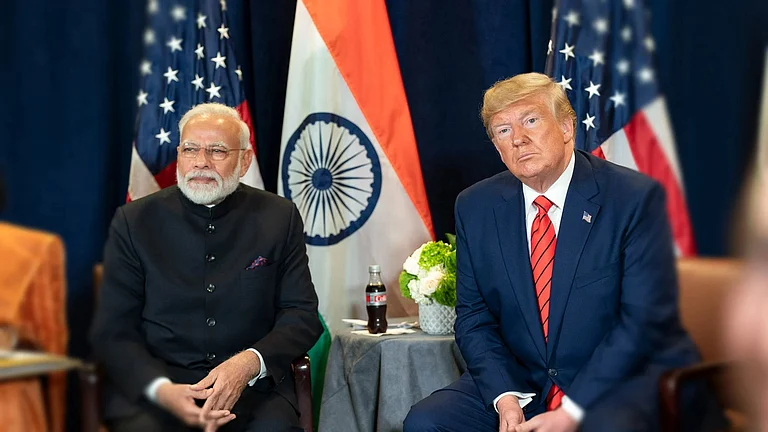India, to me, is the ultimate example of diversity. It is as demographically and topographically diverse as a country can get, and equally united in spirit. Having said that, when it comes to women in workforce, even today the private sector is challenged in identifying itself as a thriving diverse ecosystem.
According to a report by the Organisation for Economic Cooperation and Development (OECD) across G20 countries, women make up only about one-third of managers. They are also far less likely than men to become chief executive officers (CEOs) or to sit on boards of private companies. Gender balance at the top of listed companies is still a distant goal in G20 countries. The average presence of women on company boards in G20 countries is now about 20%, which is progress, but even the best performing countries still fall short of equality.
Women’s underrepresentation in leadership also contributes to related inequalities, such as the gender pay gap and other gender differences in wealth and economic security.
The challenges that women face in their career progression are often described with the use of metaphors such as “glass-ceiling”, “sticky floor” and “labyrinth of leadership”. Addressing these challenges is not just a moral imperative but a necessity for growth.
India is fast moving from the paradigm of women’s development to women-led development. Women’s economic empowerment remains at the heart of India’s G20 agenda and has been well-encapsulated in Prime Minister Narendra Modi’s remark at the G20 summit in Bali: “Global development is not possible without women’s participation”.
According to a McKinsey and Company report, if companies become more gender diverse and inclusive, global gross domestic product will increase by $28 trillion. India is the second most populated country in the world with a median age of around 28 years, which means that this group will occupy the majority of leadership roles over the coming decade. The 2018 Deloitte Millennial Survey shows that 74% of the millennials believe their organisation is more innovative when it has a culture of inclusion. If businesses are looking to hire and sustain a millennial workforce, diversity must be a key part of the company culture.
I firmly believe that diversity and inclusion cannot be a one-time campaign or a one-off initiative. It is a constant work-in-progress, and empathetic leadership is key to this transformation. At Apollo hospitals, what we have witnessed is that when companies implement dedicated programmes for women—whether for return to the workforce after a sabbatical or to explore other career pathways across specialties—it helps scale up businesses, thereby reaping the real and full benefits of a diverse workforce.
For real change to happen in India, the corporate ecosystem must come together and be more engaged and vocal in promoting the message of a diverse and tolerant society.
The author is joint managing director, Apollo Hospitals Enterprise Limited, and chair, G20 Empower India


























